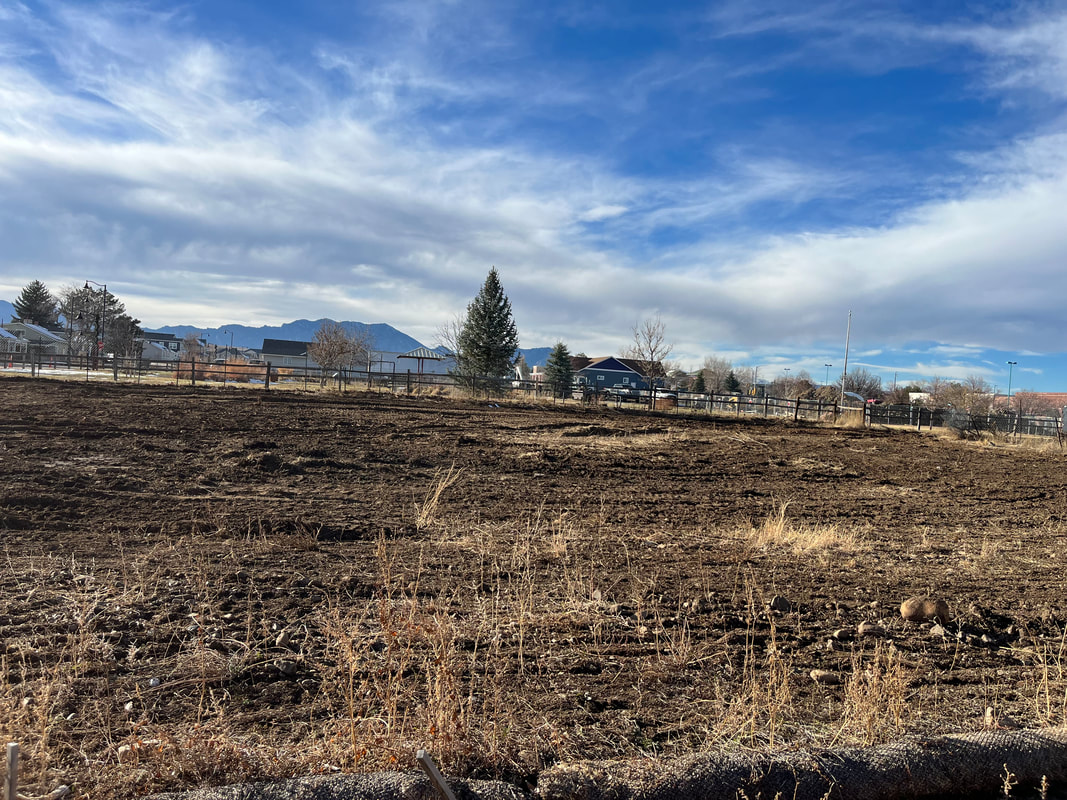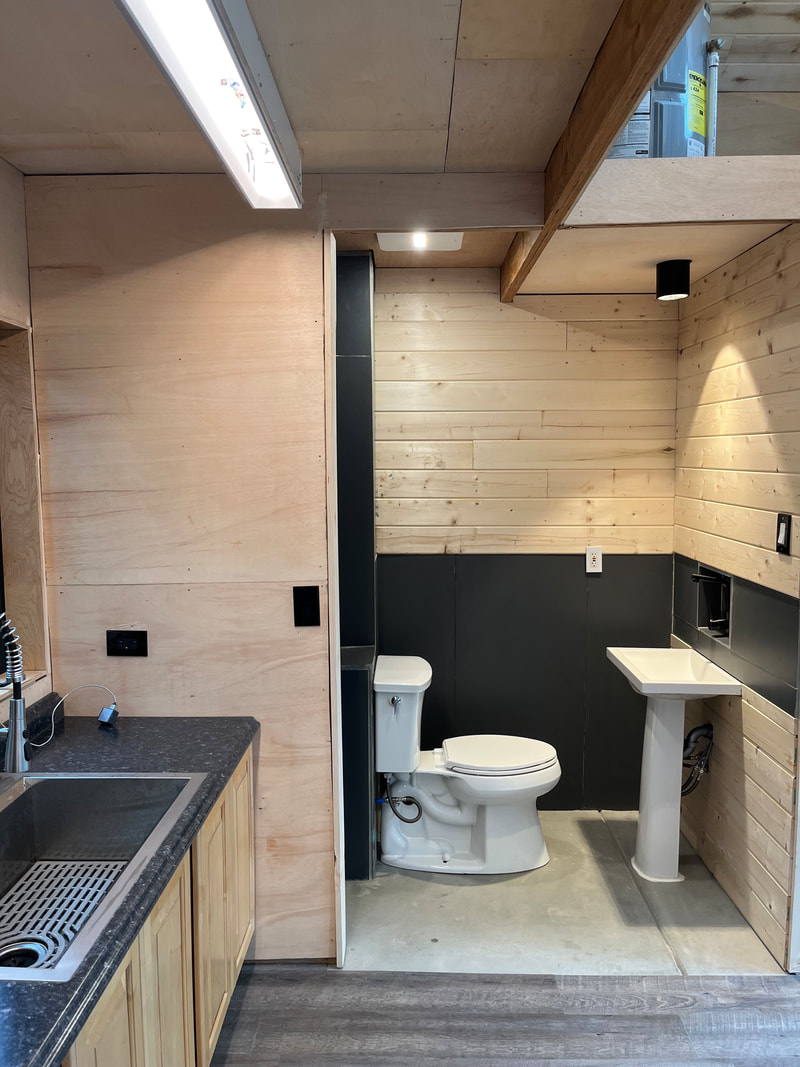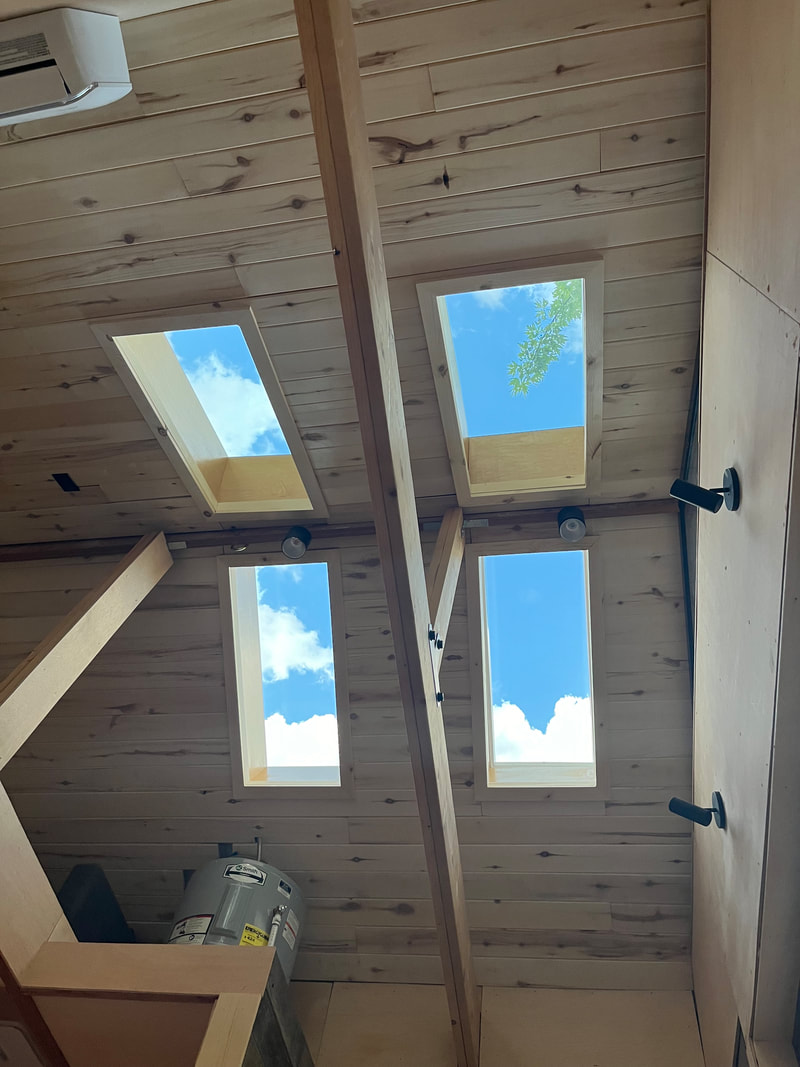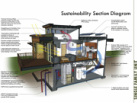"Seeding the future in housing, and energy, for humanity and our planet"
Simkus Development - Recent Acquisition of strategic vacant parcels in "Original Town" Superior COLORADO
Simkus Development and the SEEDS Collaborative leverage building assembly systems created in the manufacturing sector combined with other advanced renewable energy infrastructure and the latest innovation in building science. SEEDS combines those assemblies with empirical knowledge of building science, renewable energy, battery technologies and the un tapped semi-skilled workforce in order to increase at scale the development of sustainable energy efficient designed structures. Collaborative efforts between the public/private sector, academic institutions, local businesses non profits and other community organizations will drive the change that is needed in our world.
Simkus Development is leading in the planning, design, construction of net zero energy, distributed energy, grid efficient buildings, energy storage and site plan optimization. The Simkus Development business model is to position its services as early as possible as a key member of the site plan architectural, engineering and urban planning design team. Simkus Development is a company that has a strong vision for understanding the larger picture of what is essential to achieve District Energy, Net Zero Energy, Renewable Energy Optimization. Simkus Development utilizes the 30 years of housing policy, renewable energy feasibility, and building science to optimize the highest and best use in community development.
Simkus Development through strong community collaboration accelerates the transformation of building net zero energy buildings and sustainably designed communities utilizing district energy/distributed energy infrastructure. Simkus Development applies best practices of sustainable design in areas impacted by neighborhood blight, rural communities in distress, and addressing community redevelopment through holistic and innovative use of renewable energy at scale. Each project that Simkus Development consults with or develops serves as a foundation toward practical, innovative and proven design. Simkus Development also combines this approach with graduate student experiential learning by leveraging university partnerships that focus in developing job training programs and economic development that benefit low-moderate income populations throughout the United States.
Simkus Development's latest projects in 2019'-2020' involves collaborating with two private developments in Colorado that have aspirational goals to build structures that not only achieve Net Zero Energy but also optimize the large scale use of renewable energy, and stored energy for creation of a distributed energy resource community. A distributed energy resource community is typically a larger scale development with an adequate amount of land within the area to be developed or is adjacent to the area to be developed that includes renewable energy resources. However it is possible in achieving a DER community only by strict optimization of building design, optimization of advanced building technologies and optimization of renewable energy infrastructure. When a site plan is properly planned and designed early in the planning, architecture and engineering process it will include district energy and grid efficient buildings principles. Simkus Development is providing conceptual, sketch plan and strategic planning assistance to both of these collaborative Colorado projects. Other key partners include local engineering and architectural firms, the National Renewable Energy Laboratory (NREL) and the University of Colorado Masters in Environment (MENV) program for employing Social Equity in on the job training and education.
During the 2020 Covid-19 pandemic, Simkus Development recognized the need for solutions that would address the quarantine problem for individuals working from home with families. In May 2020, Simkus Development designed and constructed a Net Zero Energy prototype accessory dwelling unit (ADU) using repurposed building materials. The ADU connects its utility system to an existing home. On May 13, 2024 Governor Polis signed in to law HB 24-1152 allowing ADU's to be built in homeowners backyards that have adequate lot area. These ADU's are fast becoming one solution to address the need for affordable housing, in-law living, and working from home during these times of a pandemic. The photo below depicts the first SEEDS Net Zero ADU built exclusively as a dual purpose home office and accessory dwelling. The completed ADU is an energy efficient structure and usage data will be monitored over the next year. The resulting data may be utilized to assist in the planning and design of large scale use of ADU's, where they can be added to single family communities increasing individual ADU deployment in the backyards of homes across the United States.
Simkus Development is leading in the planning, design, construction of net zero energy, distributed energy, grid efficient buildings, energy storage and site plan optimization. The Simkus Development business model is to position its services as early as possible as a key member of the site plan architectural, engineering and urban planning design team. Simkus Development is a company that has a strong vision for understanding the larger picture of what is essential to achieve District Energy, Net Zero Energy, Renewable Energy Optimization. Simkus Development utilizes the 30 years of housing policy, renewable energy feasibility, and building science to optimize the highest and best use in community development.
Simkus Development through strong community collaboration accelerates the transformation of building net zero energy buildings and sustainably designed communities utilizing district energy/distributed energy infrastructure. Simkus Development applies best practices of sustainable design in areas impacted by neighborhood blight, rural communities in distress, and addressing community redevelopment through holistic and innovative use of renewable energy at scale. Each project that Simkus Development consults with or develops serves as a foundation toward practical, innovative and proven design. Simkus Development also combines this approach with graduate student experiential learning by leveraging university partnerships that focus in developing job training programs and economic development that benefit low-moderate income populations throughout the United States.
Simkus Development's latest projects in 2019'-2020' involves collaborating with two private developments in Colorado that have aspirational goals to build structures that not only achieve Net Zero Energy but also optimize the large scale use of renewable energy, and stored energy for creation of a distributed energy resource community. A distributed energy resource community is typically a larger scale development with an adequate amount of land within the area to be developed or is adjacent to the area to be developed that includes renewable energy resources. However it is possible in achieving a DER community only by strict optimization of building design, optimization of advanced building technologies and optimization of renewable energy infrastructure. When a site plan is properly planned and designed early in the planning, architecture and engineering process it will include district energy and grid efficient buildings principles. Simkus Development is providing conceptual, sketch plan and strategic planning assistance to both of these collaborative Colorado projects. Other key partners include local engineering and architectural firms, the National Renewable Energy Laboratory (NREL) and the University of Colorado Masters in Environment (MENV) program for employing Social Equity in on the job training and education.
During the 2020 Covid-19 pandemic, Simkus Development recognized the need for solutions that would address the quarantine problem for individuals working from home with families. In May 2020, Simkus Development designed and constructed a Net Zero Energy prototype accessory dwelling unit (ADU) using repurposed building materials. The ADU connects its utility system to an existing home. On May 13, 2024 Governor Polis signed in to law HB 24-1152 allowing ADU's to be built in homeowners backyards that have adequate lot area. These ADU's are fast becoming one solution to address the need for affordable housing, in-law living, and working from home during these times of a pandemic. The photo below depicts the first SEEDS Net Zero ADU built exclusively as a dual purpose home office and accessory dwelling. The completed ADU is an energy efficient structure and usage data will be monitored over the next year. The resulting data may be utilized to assist in the planning and design of large scale use of ADU's, where they can be added to single family communities increasing individual ADU deployment in the backyards of homes across the United States.
SEEDS DESIGNED AND BUILT NET ZERO ENERGY ACCESSORY DWELLING UNIT - OCTOBER 2021
View looking South at 102 Maple Street Superior
|
|
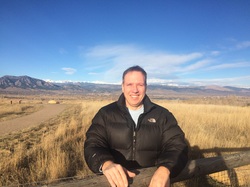
Scott Simkus founded Simkus Development LLC and the SEEDS Collaborative on March 20, 2012 after spending over twenty five years serving as a housing planner, construction manager, and housing developer in both the public and private luxury homebuildiing sectors. During 2017 - 2022 Simkus managed the construction of three luxury Net Zero Energy and a highly energy efficient/fire resistant single family home(s) in unincorporated Boulder County whereby a WildFire prevention system and fire resistant building materials were used. Scott's Net Zero Energy work began at age 12 when his father William Simkus taught Scott and his twin brother Paul how to build a homemade solar panel to heat their Chicago garage. This solar thermal heat was needed so Scott and his brother could rebuild their 1964, 1968 and 1969 Ford Mustangs. After serving several years in public service as a housing planner in a suburb of Chicago Scott was hired by the Boulder County Housing Authority where he served as a visionary leader.
Blue Collar Workforce Scott came from a family of leadership in the communities they lived in. Scott's grandfather immigrated to the United States from Lithuania in 1923 and worked as a Union leader in the Coal Mines starting in New York, Chicago, Southern Illinois and ended his career as a dairy farmer in Wisconsin. Scott's father (deceased) worked as a stationary engineer for the Chicago Board of Education for 25 years on the South side of Chicago while also working two additional jobs as a volunteer fireman and for the Skokie Cab Company in Skokie Illinois driving a taxi. Scott's mother raised five children and started her 35 year career cleaning airplanes at United Airlines and retired as a Manager of Storekeeping at O'hare Airport. Lafayette Colorado - Charles & Lois Waneka In 2005 Scott was completing the construction of a low income Senior housing project called Walt Self Senior Housing in Original Town Lyons Colorado when he met Chuck Waneka while walking a future housing development site in Lafayette. Scott became a regular visitor of Chuck and Lois Waneka to learn more about his families cultural history as farmers and about the history of the former Excelsior Coal Mine on the Waneka farm that would become a future Lafayette senior and workforce family housing development. In 2006 Scott created a Schematic Plan that would ultimately become Josephine Commons a $40,000,0000 near Net Zero Energy housing development in Lafayette Colorado. Scott's recent focus in the private sector has been in testing advanced building technologies, testing renewable energy systems and exploring partnerships in training programs for apprenticeship training involved in Net Zero Energy technology. Scott has also served on the Colorado Green Building Guild Board in 2011. In 2012 Scott's collaborative work with the National Renewable Energy Laboratory (NREL) was published by the Department of Energy. Scott has a passion for presenting innovative approaches in solving environmental, social and economic challenges of today's global environment. Following that passion on March 20. 2012 Scott incorporated Simkus Development LLC and the SEEDS Collaborative (TM) to utilize holistic approaches in achieving measurable outcomes that results in SUSTAINABLE regional and global economic development. |
| original_town_superior_co_survey.pdf | |
| File Size: | 122 kb |
| File Type: | |


